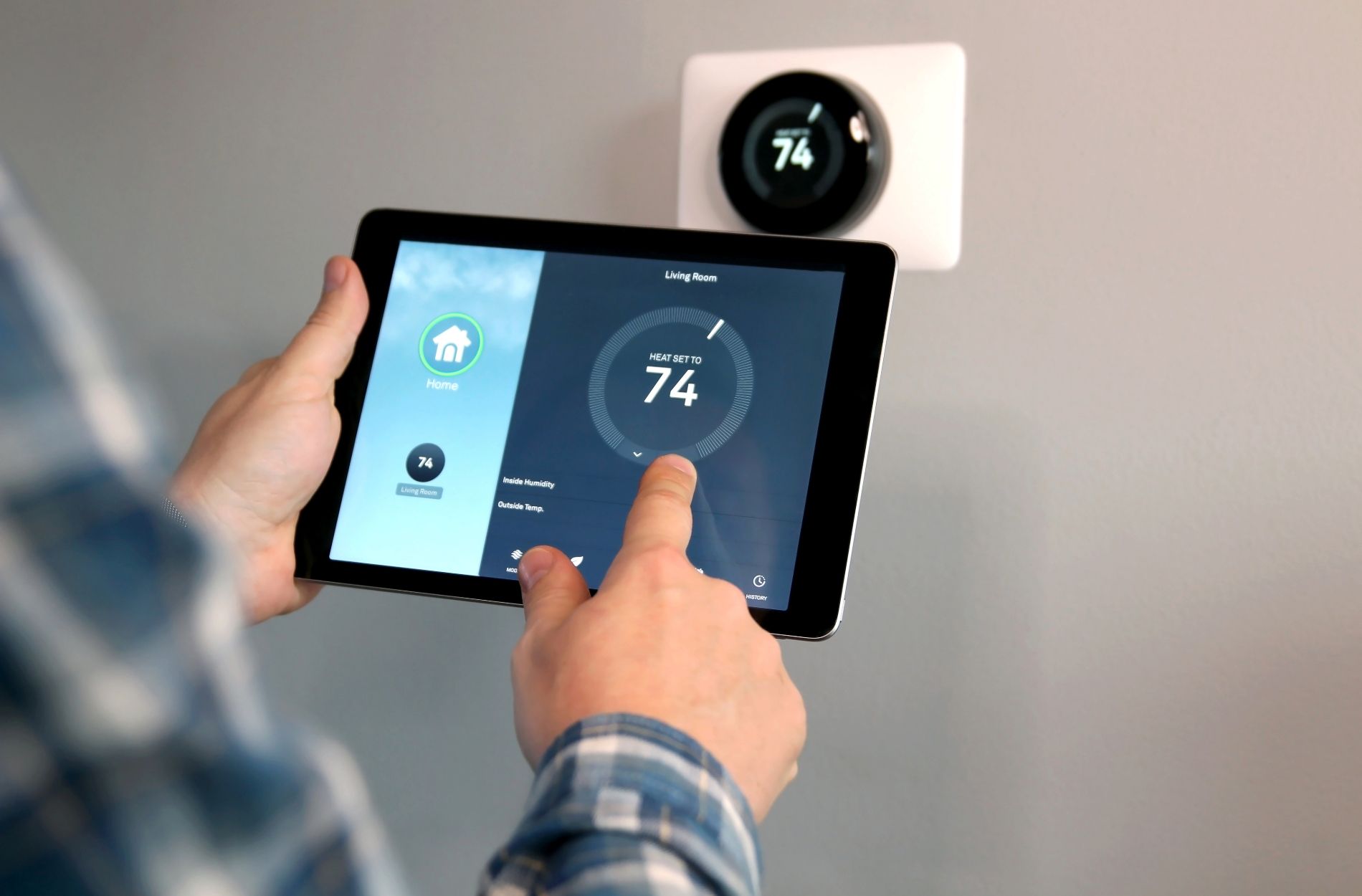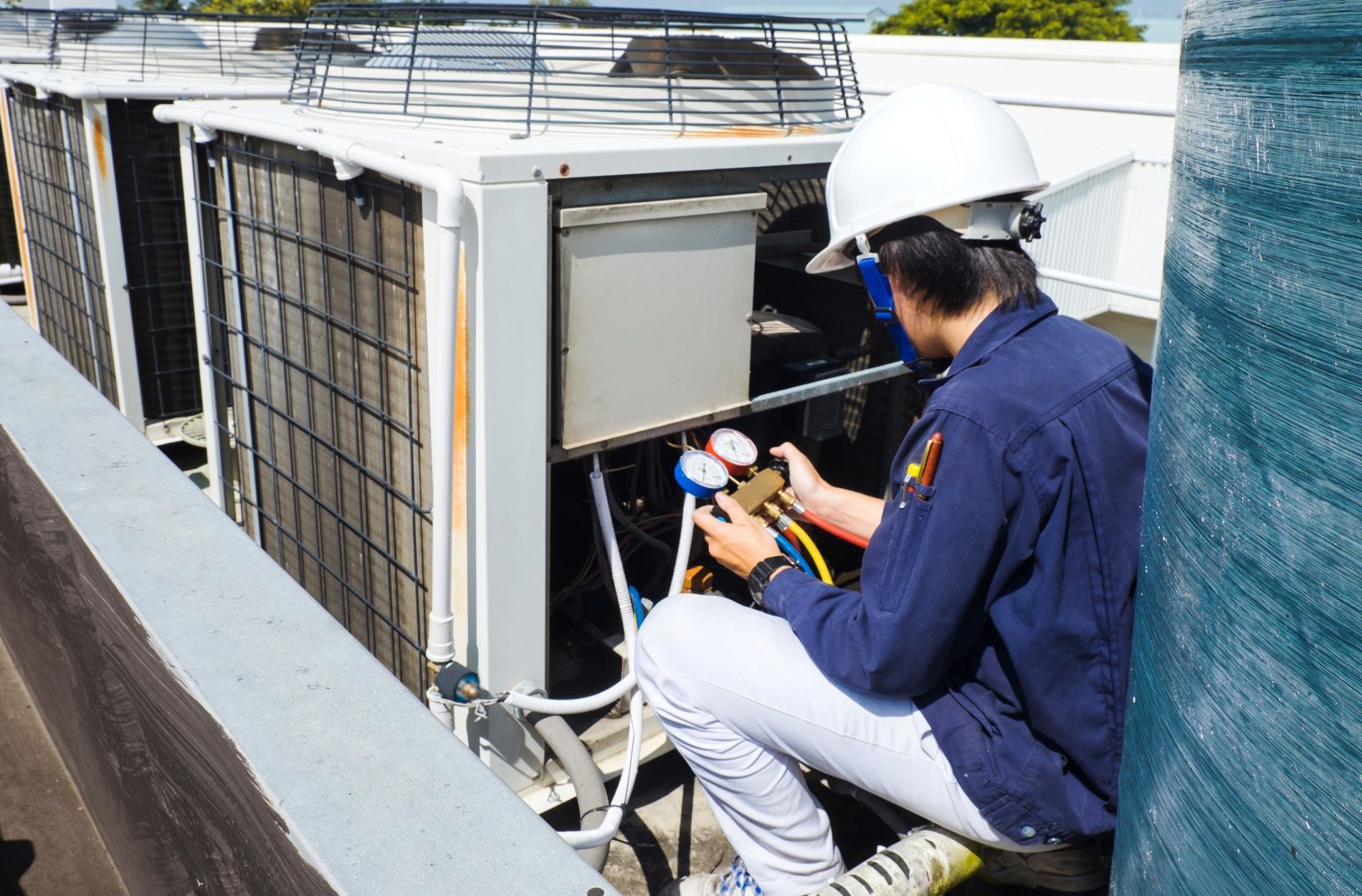How to Know When You Need a New Air Conditioner
Having a reliable air conditioner is essential during the hot summer months. But how do you know when it’s time to replace your old unit with a new one? Recognizing the signs early can save you from unexpected breakdowns and high energy bills. It's important to understand the key indicators that your air conditioner may be nearing the end of its lifespan.
Sometimes, it can be difficult to tell if your air conditioner needs just a repair or a full replacement. Factors like increasing energy bills, frequent need for repairs, and poor cooling performance can all hint that it's time for a new system. Other times, simply the age of the unit can be a good indicator.
A new air conditioner can improve your home’s comfort and efficiency. Knowing when to make the switch can help you avoid a sweltering summer without adequate cooling. In this article, we’ll explore the signs that suggest you might need a new air conditioner and help you make an informed decision.
Rising Energy Bills
One of the first signs that you might need a new air conditioner is noticing your energy bills creeping higher every month. If your bills have been steadily increasing, even though your usage has stayed the same, your air conditioner could be losing efficiency. Older units or those in need of repair tend to work harder to cool your home, which uses more energy.
When your energy bills start to climb:
1. Check Your Usage: Ensure that your increased bills aren't due to higher usage. Compare this year’s bills to last year's around the same time.
2. Inspect the Air Conditioner: Look for signs of wear and tear. Dirty coils, clogged filters, or a struggling compressor can make your unit less efficient.
3. Consider the Age: Older models generally use more electricity than newer, energy-efficient ones.
Rising energy costs are a clear indicator that your current air conditioner may be on its last legs. Replacing it with a newer, more energy-efficient model can help reduce your monthly bills and keep your home comfortably cool.
Frequent Repairs
Another telltale sign that it’s time for a new air conditioner is the frequency of repairs. If you find yourself calling the HVAC repair technician more often than not, your unit could be nearing the end of its useful life. Constantly fixing the same issues can add up quickly and might not be worth the cost in the long run.
Signs that your air conditioner needs frequent repairs:
1. Recurring Issues: If the same problem keeps happening, it might be time for a new unit. Recurring issues are a sign that your air conditioner is wearing out.
2. High Repair Costs: Add up your repair bills. If you're spending more on repairs than a new unit would cost, it's a good idea to invest in a replacement.
3. Parts Availability: For older models, finding replacement parts can become difficult or expensive. This can make repairs impractical.
Frequent repairs can be a hassle and drain your wallet. By getting a new air conditioner, you can enjoy a more reliable system and potentially save money on repairs and energy costs.
Poor Cooling Performance
If your air conditioner struggles to keep your home cool, it might be time for a replacement. Poor cooling performance can manifest in several ways, such as uneven temperatures across rooms, longer cooling times, or an inability to reach the desired temperature. These issues can make your home uncomfortable, especially during the peak of summer.
Signs of poor cooling performance include:
1. Uneven Temperatures: If some rooms are cool while others are warm, your air conditioner may not be distributing air properly.
2. Long Running Times: When your unit has to run longer to cool your home, it indicates it's not operating efficiently or is undersized for your space.
3. Failure to Reach Set Temperature: If your thermostat is set to a certain temperature and your home never seems to reach it, your air conditioner might be underperforming.
Several factors can cause poor cooling performance, such as low refrigerant levels, worn-out components, or outdated technology. In some cases, professional maintenance or repair can address these issues, but persistent problems usually call for a new system. Upgrading to a modern, energy-efficient air conditioner can result in more consistent cooling and increased comfort in your home.
Age of Your Air Conditioner
The age of your air conditioner is a major factor in deciding whether to replace it. Most air conditioning units last about 10 to 15 years. If your system is within this age range or older, it might be time to consider a new one, even if it seems to be working properly. Older units are less efficient and more prone to breakdowns, which can result in higher repair and energy costs over time.
Consider the following:
1. Check the Installation Date: Look for any paperwork or labels on the unit that indicate when it was installed.
2. Technology Advancements: Air conditioning technology has improved significantly in recent years. Newer models are more energy-efficient and come with features that enhance comfort and convenience.
3. Risk of Failure: As your air conditioner ages, the likelihood of a major failure increases. Planning for a replacement before it completely breaks down can save you from the inconvenience of having no cooling during a hot day.
By keeping these factors in mind, you can decide whether it’s worth investing in repairs or if it's time to upgrade to a new, more efficient model. An upgraded system can provide better performance, reduce energy consumption, and minimize the need for future repairs.
Conclusion
Recognizing the signs that your air conditioner needs replacing can save you from discomfort and unexpected expenses. Rising energy bills, frequent repairs, poor cooling performance, and the age of your unit are all strong indicators that it might be time for a new system. Understanding these signs helps you make an informed decision about when to invest in a replacement.
A new air conditioner doesn't just increase your comfort; it also improves your home's energy efficiency. This can lead to lower utility bills and fewer breakdowns. If you notice any of these signs, it may be worth considering an upgrade to ensure reliable cooling when you need it most.
If you’re unsure whether your air conditioner needs replacing, Anytime Heating & Air is here to help. Our experienced can evaluate your system and provide recommendations tailored to your needs. Contact Anytime Heating & Air today to schedule an evaluation or to learn more about our
AC installation services and ensure your home stays cool and comfortable.


